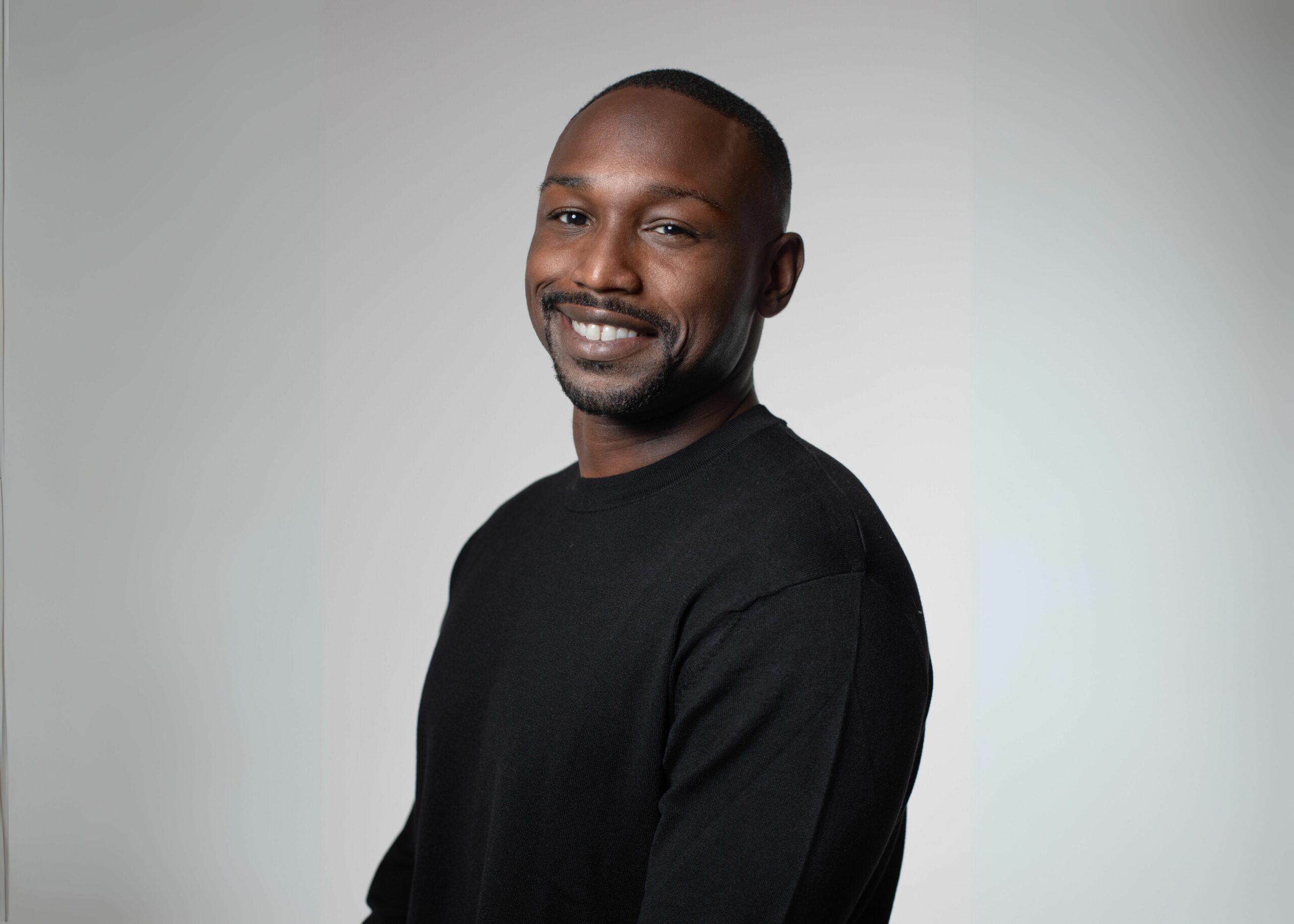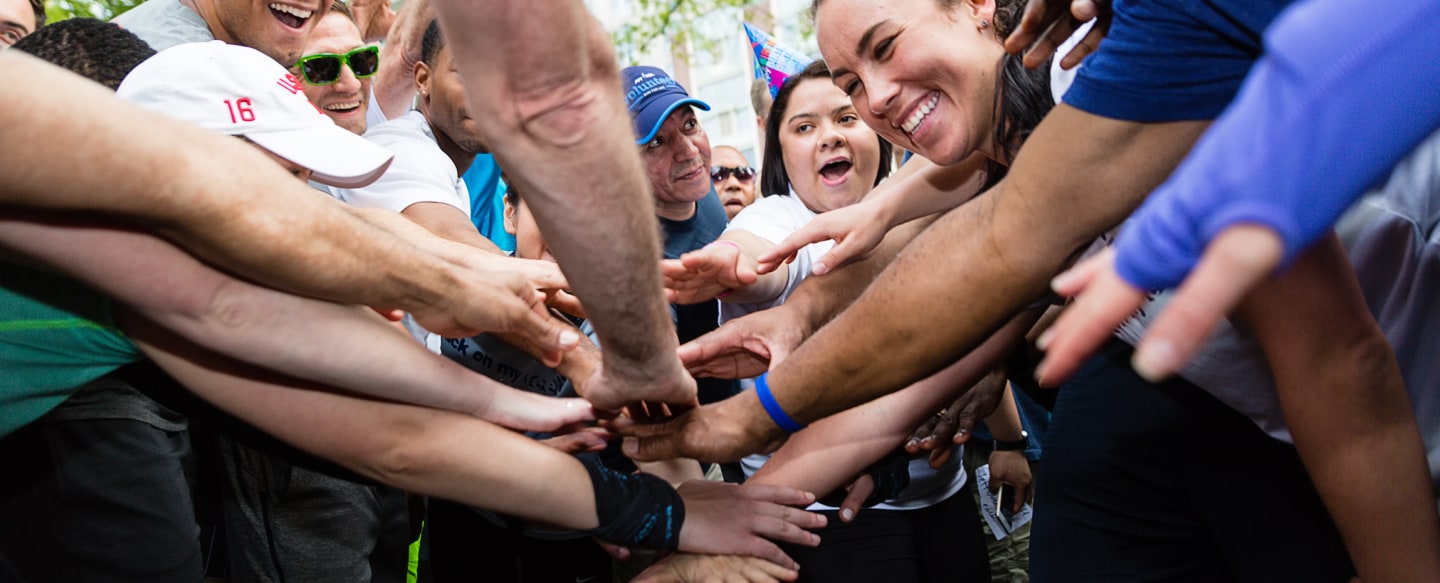It’s commencement — a commencement like none you’ve ever seen. No high-profile speaker standing behind a lectern addressing thousands of students in a great big gym. No caps and gowns. No dramatic walk across a stage to receive a handshake and a diploma.
Instead, the three-day affair this university calls Consequent has the graduating class rotate among small student-led discussion groups on some of the world’s most pressing challenges — Changing Views: Using the arts to convey what it means to be human; Financing Change: Why do impact investments often have so little impact?; Does Not Compute: Could algorithmic thinking be more human than design thinking? Indeed, there are more guest speakers than students partaking in these conversations, including Nobel laureates, business founders and executives, and leaders of top nonprofits. The students organized the event, choosing topics, inviting the guest speakers, and moderating the discussions.
No, this is not your average commencement. But Minerva (officially Minerva Schools at KGI) is not your average university. This commencement, Minerva’s first, marks the culmination of a new academic program that has students following a unique syllabus online and roaming the globe to develop a one-of-a-kind blend of critical thinking skills and real-world experience.
Challenging the Status Quo
“What is the kind of education that will give people frameworks for making principled, thoughtful decisions?” That question underlies Minerva’s approach, says Robin Goldberg, the institution’s chief experience officer. Minerva, named for the Roman goddess of wisdom, offers a new model for higher education that aims to be the best at preparing students for challenging and fruitful careers.
A whopping 86.1 percent of incoming freshmen nationwide deemed being able to get a better job a “very important” reason for going to college, in a 2014 survey by the Cooperative Institutional Research Program. Yet half of the respondents in a 2013 survey of employers by The Chronicle of Higher Education and Marketplace said they had trouble finding qualified graduates to fill positions. Nearly a third of them ranked colleges only poor to fair in producing successful employees. “If graduates are not prepared to go into entry level jobs, how are they going to run the great institutions of the world—governments, corporations, nonprofits?” says Goldberg.
Scrapping everything you identify with traditional universities, from athletics programs to libraries, Ben Nelson, Minerva’s founder, built a brand-new institution from scratch. A former chief executive of Snapfish with a B.S. in economics from Wharton, Nelson has honed the concept of education down to its essence—students and faculty engaged in vigorous discussion of topics designed to teach kids how to think critically and make decisions.
“These pioneering students are arguably the best prepared undergraduate class of the modern era,” Nelson wrote of Minerva’s first undergraduate class. “They have learned to work collaboratively, to explore creatively, to think critically, and to communicate effectively.”
After only one year at Minerva, 87 percent of students secured internships. And 90 percent of managerssaid Minerva student performance was above average. With a Minerva education, many students in the first graduating undergraduate class are beginning their careers at prominent organizations or furthering their education.
Do You Even Need a Campus?
Minerva has one administrative building in San Francisco and a dorm. That’s it. No dining hall. No sports facilities. No extracurricular activities.
No classrooms either. Minerva students take courses online, using a custom software program called Forum designed to create a small-seminar feel and encourage student participation. Students complete coursework before class, which offers an opportunity to dive deeper into the material online and explore its real world applications. An analytics system on Forum alerts professors, who lead discussions rather than lecture, when a student isn’t participating so they can engage him or her.
Minerva’s courses replace traditional disciplines like biology and English lit, promoting skills that are useful across the board. Freshmen take these four—formal analyses, multimodal communications, empirical analyses, and complex systems.
After freshman year in San Francisco, students spread their wings, spending a semester each in six cities on three continents: Seoul, Hyderabad, Berlin, Buenos Aires, London and Taipei. Each city has a Minerva residence hall, and students participate in community-based projects, learning to solve tough, real-world problems. This exposure can help them snag coveted internships, even land jobs, across the globe.
“Before Minerva, I didn’t know anything about Japan and was never considering going to Japan,” Zitong Mao, a member of Minerva’s first graduating class, said. “I was trying to go to a traditional Ivy League school and go to Wall Street to be a banker, or maybe go to Mountain View [California] to work as a software engineer—that kind of traditional path.”
Instead, Mao, who is from China, took a chance on Minerva, which connected him with internship programs in Japan. Now Mao is headed to Tokyo to start his career at SoftBank. This path, he says, is “more exciting.”
His story is not uncommon at Minerva. Representing nearly 70 countries, 78 percent of students come from outside the U.S. The program is alluring in itself. But the school’s ability to keep tuition and other costs lower than most private colleges makes it attractive as well. Tuition, housing, and fees for the 2019-2020 freshman class total just under $26,000. And students who demonstrate need are eligible for financial aid.
Small class sizes — even if the classroom is virtual — is another Minerva hallmark. There are fewer than 20 students in each class. The institution’s entire student body is small at about 600 students. The acceptance rate for the incoming class, which had over 23,500 applicants, was under a previously reported 1.9 percent — a rate far lower than any Ivy League school.
Is the Minerva Experience for Everyone?
It takes a dedicated scholar to get the best from online education. It takes an independent student to study in seven countries. It takes a motivated student to forgo frat parties and football games. Goldberg says there are four characteristics her students share: They are intellectually curious, socially conscious, hard-working and humble. “The people who thrive here are the students who when they start to meet other students, they say, ‘Those are my people.’”
“One thing I tell people is, if they would prefer to have four walls around them and remain in the same country over the next four years, then Minerva may not be right for them,” said now-alumnus Arvvin Maniam, from Malaysia. “But if they’re open to being challenged by different environments, then it may be. For me, it was important to gain more exposure to the world and to learn from those experiences. Living in seven countries exposes you to cultures in a way no other institution can.”
Minerva is now working to expand its operations and give more students the opportunity to participate in the program. The university is also in the process of preparing its online classroom software to distribute to other educational institutions. The vision is simple yet transformational: Educational institutions should put learning ahead of schooling and prepare students for future success.
“I have absolutely no regrets. I feel like I haven’t missed out on anything,” graduate Natalie Kanter told CKF of her decision to forgo the traditional college experience. After Consequent, Kanter moved to New York to work at DoSomething.org, a tech nonprofit that mobilizes young people to do social good in their communities. “We’re all committing to doing this new thing, this incredibly different, interesting, iterative thing—totally different than anything I could empathize with my peers from high school about. I know now that I made the right choice.”
The Charles Koch Foundation supports scholars and partners working to understand how all people have the opportunity to realize their potential. Our support of Minerva will help them bring their innovative education model to a greater number of students. Learn more about our giving here.











